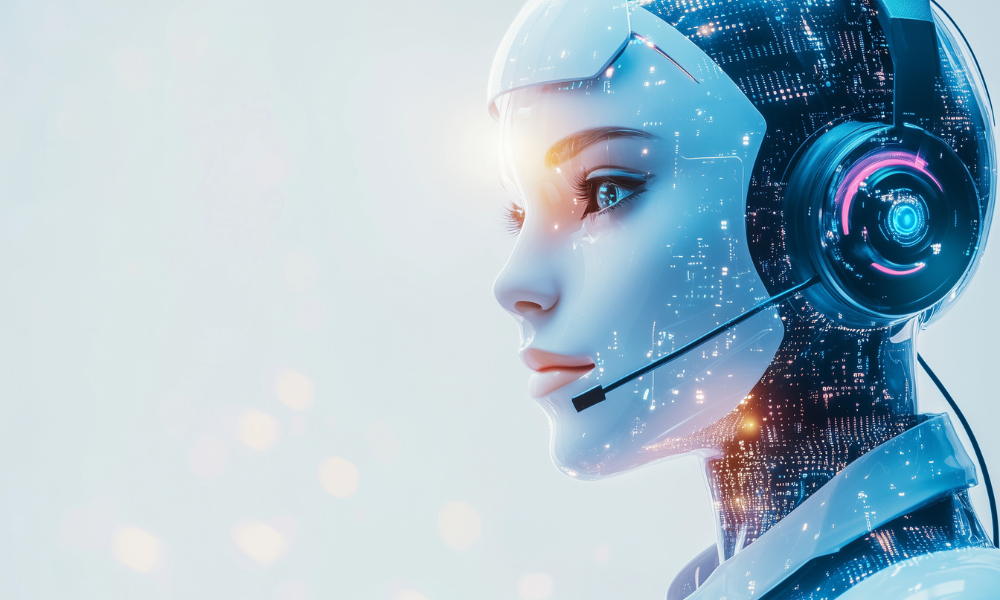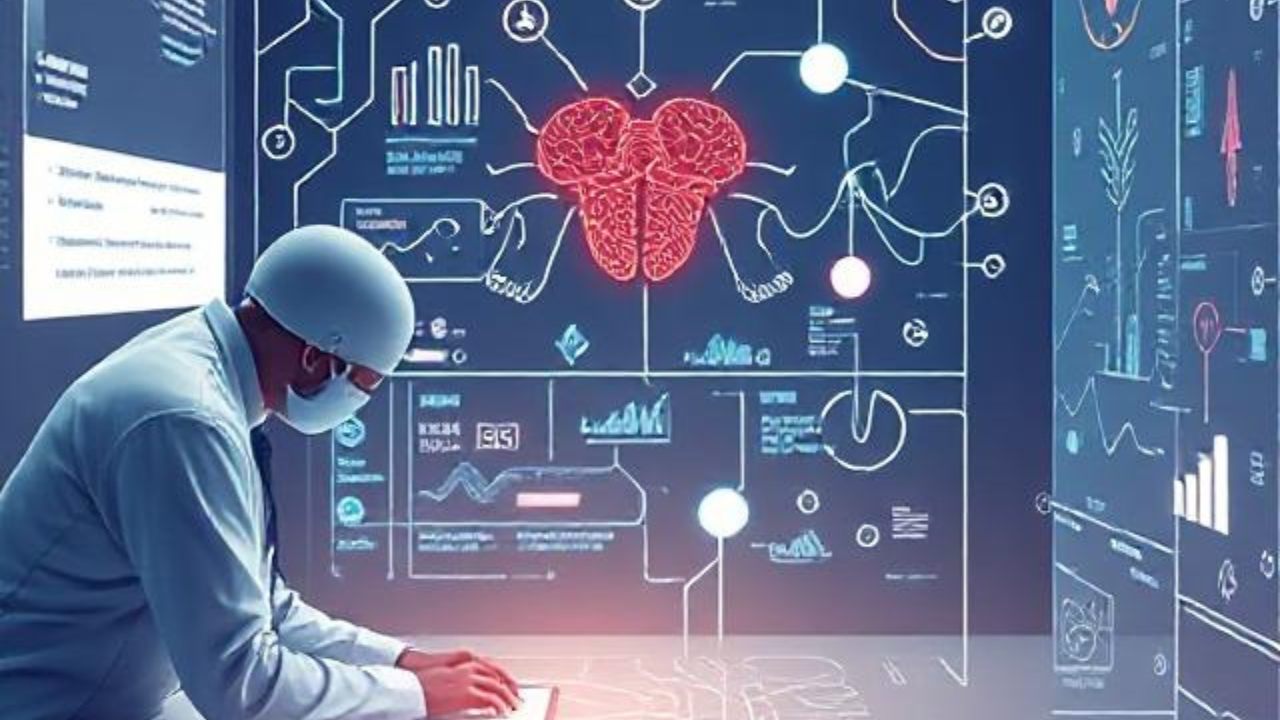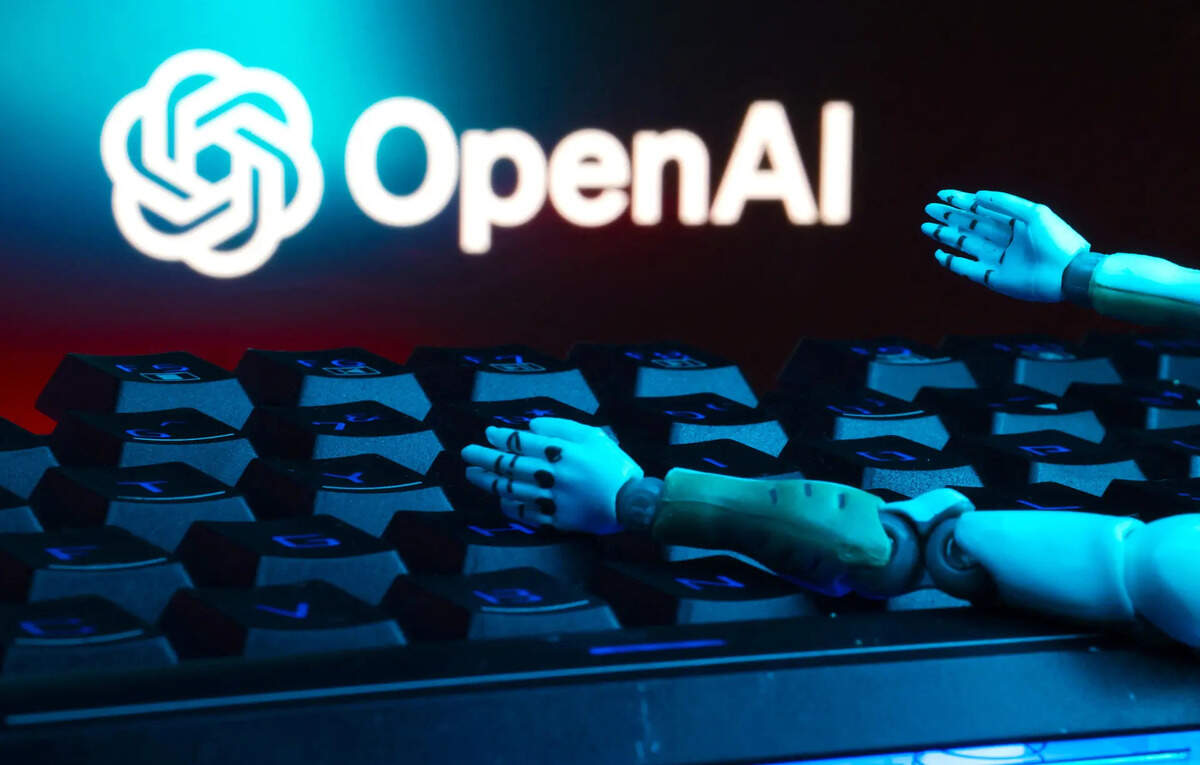Agentic AI Adoption Predicted to Surge in HR by 2027

According to a recent report, leaders in the Human Resource (HR) industry in India anticipate a significant surge in the adoption of agentic AI, projecting a growth of 383% by 2027. Agentic AI, defined as technology that enables AI agents to operate autonomously without human intervention, is poised to revolutionize business strategies. A survey of 200 global HR executives by Salesforce indicates that this digital labor trend is not just a passing phenomenon but a fundamental shift in how work is approached.
The report reveals that over the next two years, AI agent adoption is expected to increase dramatically, leading to a 41.7% gain in productivity. Chief Human Resources Officers (CHROs) in India are preparing to redeploy nearly a quarter (24.7%) of their workforce as organizations integrate and embrace digital labor. With 88% of HR chiefs planning to reskill their workers to remain competitive in an AI-driven market, there is a growing emphasis on AI reskilling programs. A majority of these leaders (81%) also agree that soft skills, such as relationship-building and collaboration, will become increasingly important as humans work alongside AI agents.
Despite the anticipated benefits, 88% of organizations have yet to fully implement agentic AI, and 63% of employees are still unsure about the impact of digital labor on their jobs. Understanding how HR leaders are ensuring organizational resilience is crucial as agentic AI reshapes the workplace and the skills needed to succeed.
Nathalie Scardino, President and Chief People Officer at Salesforce, emphasizes the transformative nature of digital labor, highlighting its potential to unlock unprecedented levels of productivity, autonomy, and agency. Scardino suggests that every industry must redesign jobs, reskill talent, and equip employees with new human, agent, and business skills to thrive in the digital labor revolution.
Key insights from the research indicate that HR leaders in India view digital labor as the future, with 85% believing that most workforces will consist of humans and AI agents working together within five years. However, many Indian HR chiefs are still in the early planning stages, with only 12% reporting that their organization has fully implemented agentic AI. Over 60% of Indian HR chiefs acknowledge that their employees are largely unaware of how AI agents will affect their work.
With the majority of businesses yet to embrace agentic AI, CHROs in India are focusing on near-term efforts toward AI implementation, particularly in IT and research and development.
A separate report from the Information Services Group (ISG) corroborates these findings, highlighting the growing traction of agentic AI among multiprocess human resources outsourcing (MPHRO) services providers. These providers are exploring the transformative potential of agentic AI, which NVIDIA defines as an AI system capable of autonomously solving complex, multi-step problems through sophisticated reasoning and iterative planning.
Erik Pounds, director of product marketing at NVIDIA, notes that agentic AI is set to enhance productivity and operations across various industries. The ISG report reveals that agentic AI systems, combining large language models with workflow execution capabilities, are being deployed to enable more autonomous and context-aware HR operations. These systems can initiate actions, manage routine tasks, and personalize support with minimal human intervention.
The report emphasizes that agentic AI has the potential to create self-evolving HR services that anticipate employee needs, allowing HR teams to focus on strategic priorities. This rise in agentic AI aligns with the increasing expectations for seamless digital support in hybrid and borderless workforces. AI and agentic systems enable providers to analyze behavior, intent, and sentiment in real-time, facilitating personalized interactions and the proactive presentation of relevant content.
The introduction of agentic AI systems represents the next step for MPHRO providers that have already integrated AI across their value chain. AI is being used to triage employee and manager queries, orchestrate processes, analyze documents, understand sentiment, and generate predictive insights. According to the report, AI is emerging as the backbone of intelligent HR outsourcing, powering next-generation operations. The objective is to scale AI across HR touchpoints, making it an integral part of everyday interactions, including case management, workforce planning, and talent analytics.
ISG's findings align with the anticipated surge in agentic AI tool adoption, with CHROs expecting a 327% increase over the next two years. Four in five CHROs anticipate that humans and AI agents will be working together within five years. For MPHRO service providers, the ISG report notes that those who can align digital transformation with enterprise strategy, deliver intelligent operations, and prioritize employee centricity will lead the next wave of MPHRO partnerships. The next decade of MPHRO will be characterized by speed, intelligence, personalization, and purpose, driven by generative AI (GenAI) and agentic AI redefining service delivery and experience design.












